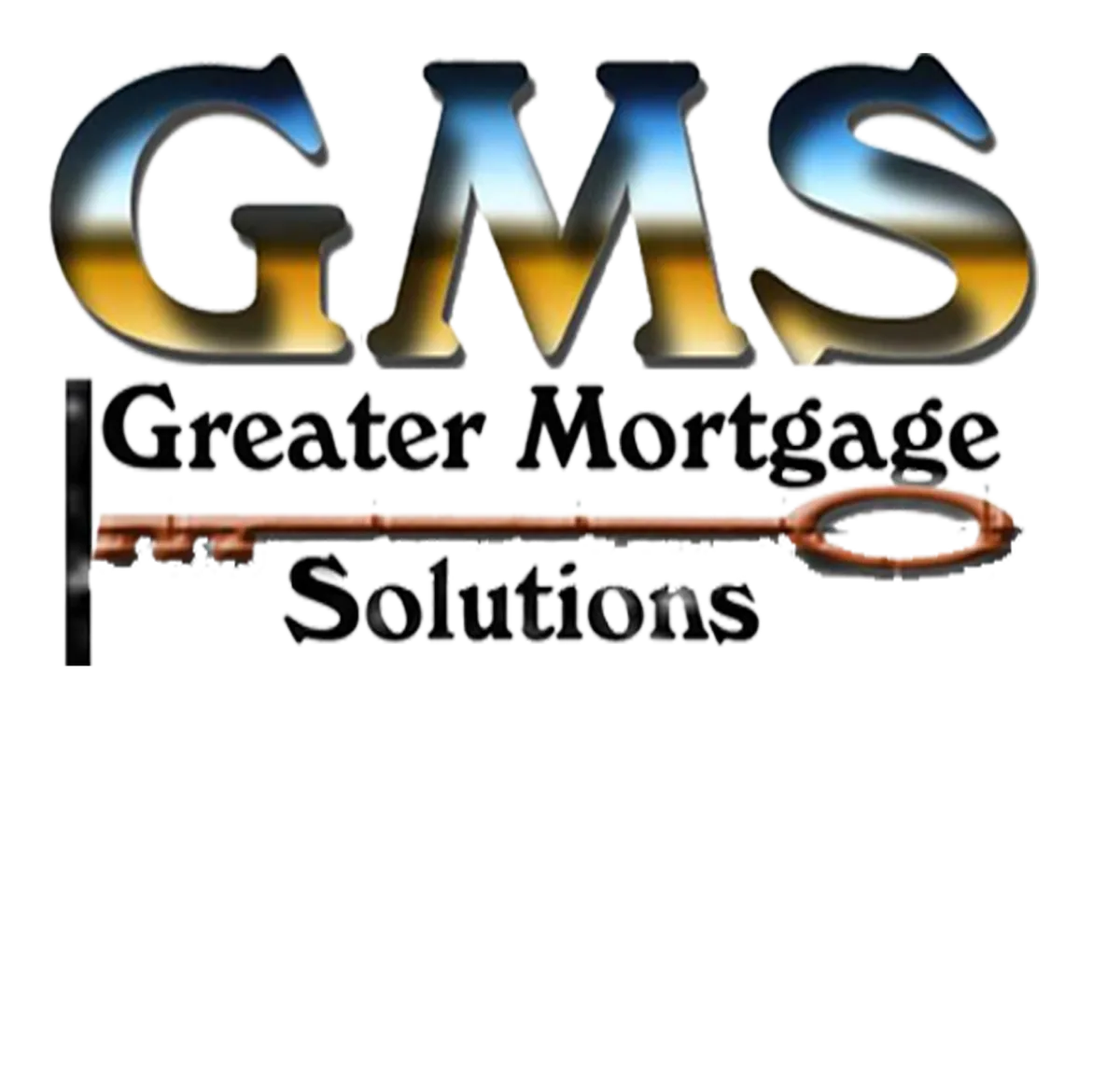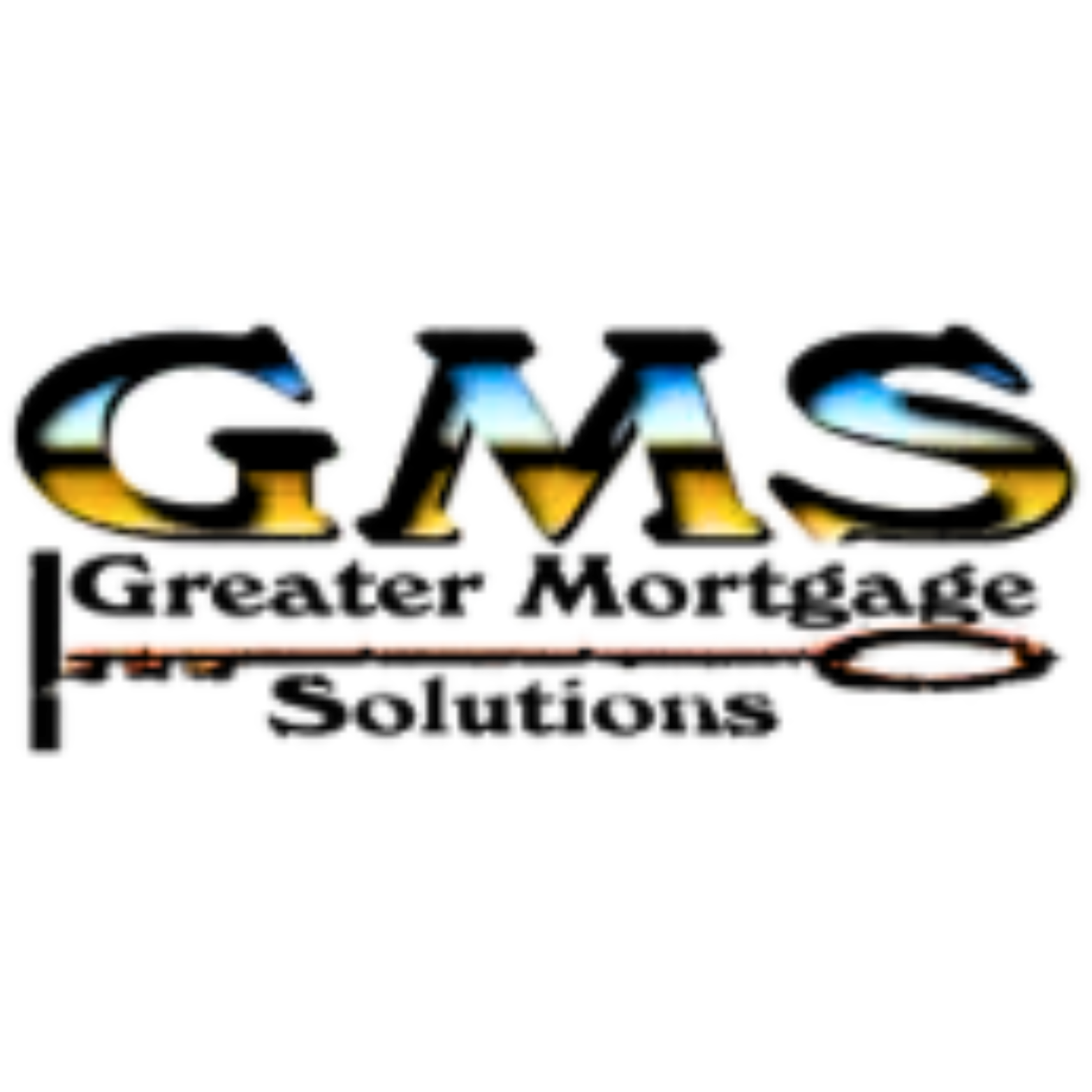STILL NOT SURE?
Frequently Asked Questions
From FAQs to first-time buyer tips and refinancing advice, we simplify loans, rates, and approvals for a seamless experience.
What is a mortgage, and how does it work?
A mortgage is a loan used to purchase a home, where the property serves as collateral. You borrow funds from a lender and agree to repay it over a fixed period with interest. If payments aren’t made, the lender can foreclose on the property.
What are the different types of mortgages?
There are various mortgage types, including fixed-rate, adjustable-rate (ARM), FHA, VA, and USDA loans. Each has unique features suited to different financial situations and needs.
How much can I borrow for a mortgage?
The loan amount depends on several factors: your income, credit score, debt-to-income (DTI) ratio, and the property value. Lenders evaluate these to determine the loan amount and terms.
What is the difference between pre-qualification and pre-approval?
Pre-qualification gives an estimate of how much you may borrow, while pre-approval is a more formal process involving a credit check and financial documentation, giving you a conditional commitment for a loan.
How is my mortgage interest rate determined?
Your rate depends on factors like your credit score, loan type, loan term, and market rates. Lenders use these to assess the risk and set an interest rate accordingly.
Can I pay off my mortgage early?
Yes, but check if your loan has a prepayment penalty. Some mortgages allow early payments or additional principal payments without penalties, which can reduce your total interest.
What is an escrow account, and do I need one?
An escrow account holds funds for property taxes and insurance, paid by your lender. It’s often required by lenders, ensuring these expenses are covered, and protecting the property value.
What is private mortgage insurance (PMI), and when is it required?
PMI protects lenders if borrowers default and is usually required if your down payment is less than 20%. PMI can often be canceled once you reach 20% equity in your home.
How long does the mortgage approval process take?
Typically, the process takes 30 to 45 days but can vary. Factors like the loan type, documentation, and underwriting requirements impact timing.
What documents do I need for a mortgage application?
Common documents include proof of income, tax returns, bank statements, and identification. Specific requirements vary based on the loan type and lender.
What should I consider when choosing a mortgage lender?
Look at interest rates, fees, loan options, customer service, and reputation. Comparing lenders can help you find the best terms for your situation.
What happens if I miss a mortgage payment?
If you miss a payment, contact your lender immediately. Some offer grace periods, but continued missed payments can lead to late fees and potentially foreclosure.
How much down payment is needed to buy a home?
The down payment depends on the loan type. Conventional loans usually require 3-20%, while FHA loans may allow as little as 3.5%. Some VA and USDA loans offer 0% down payment options.
How does my credit score impact my mortgage?
A higher credit score often qualifies you for better interest rates, saving you money over the loan’s life. Lenders typically prefer scores above 620 for most mortgage types.
Can I refinance my mortgage, and when is it a good idea?
Yes, you can refinance to lower your interest rate, shorten your loan term, or change loan types. Refinancing can save you money if market rates are lower or your credit has improved.

quick info
1112 S. Broadway
Santa Maria, Ca. 93454
805-448-7101
NMLS 289430 / DRE 01321588
Thank you for choosing us. We are dedicated to helping you achieve your homeownership goals with personalized service and expert guidance. For more information or assistance, feel free to reach out to us anytime!
Gallery

